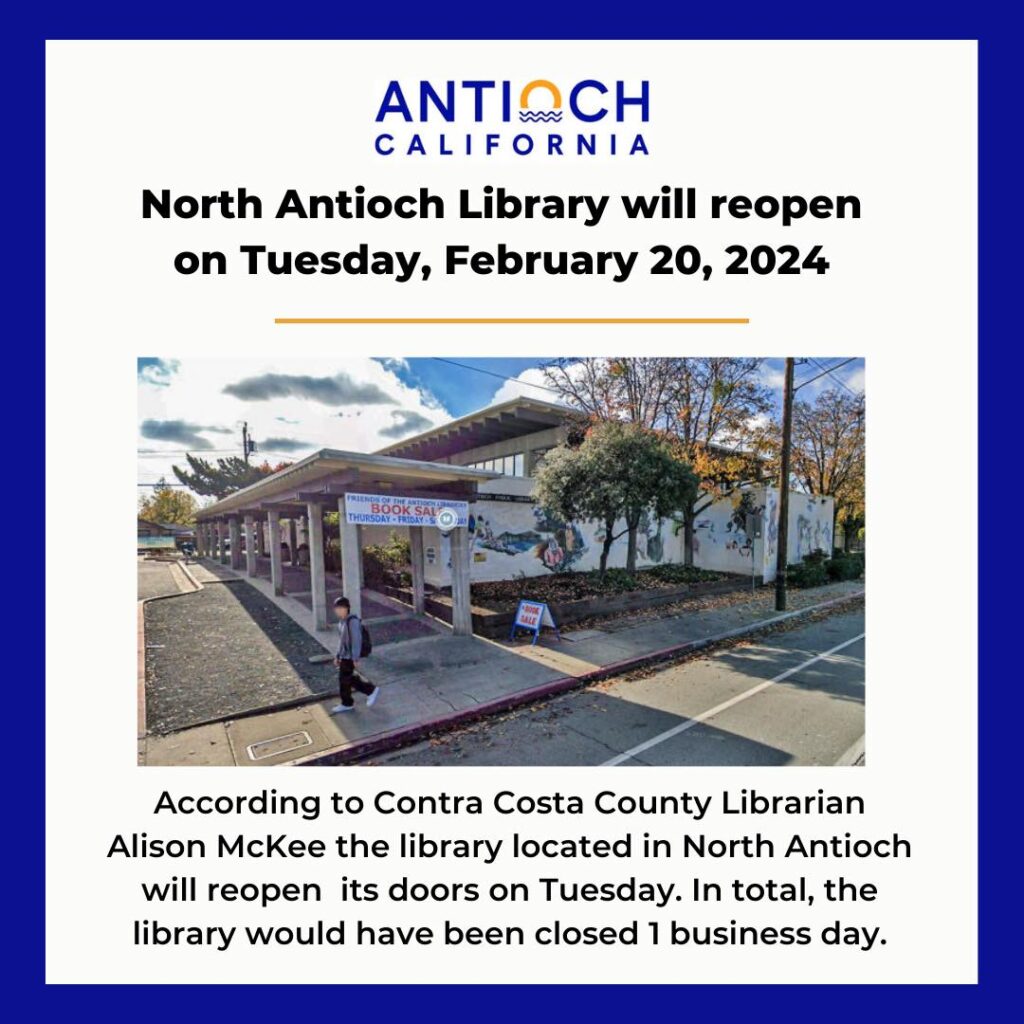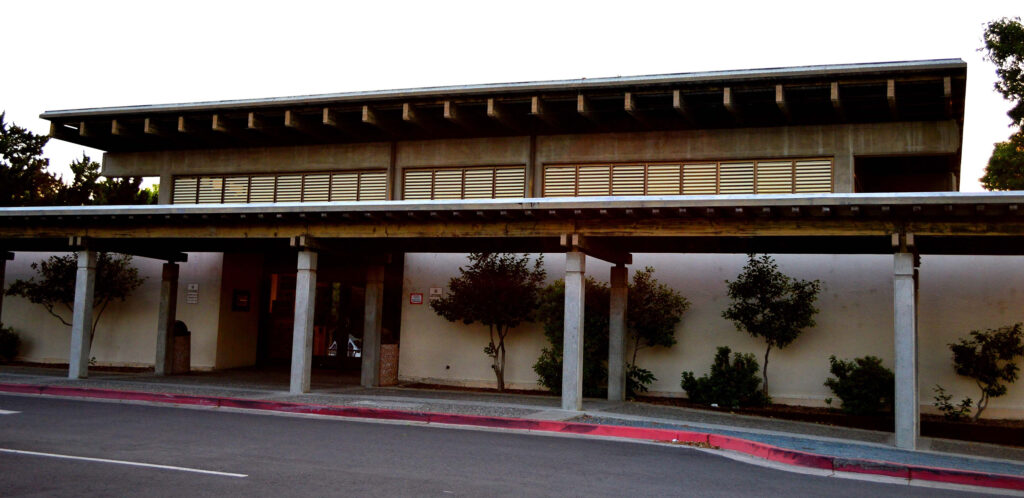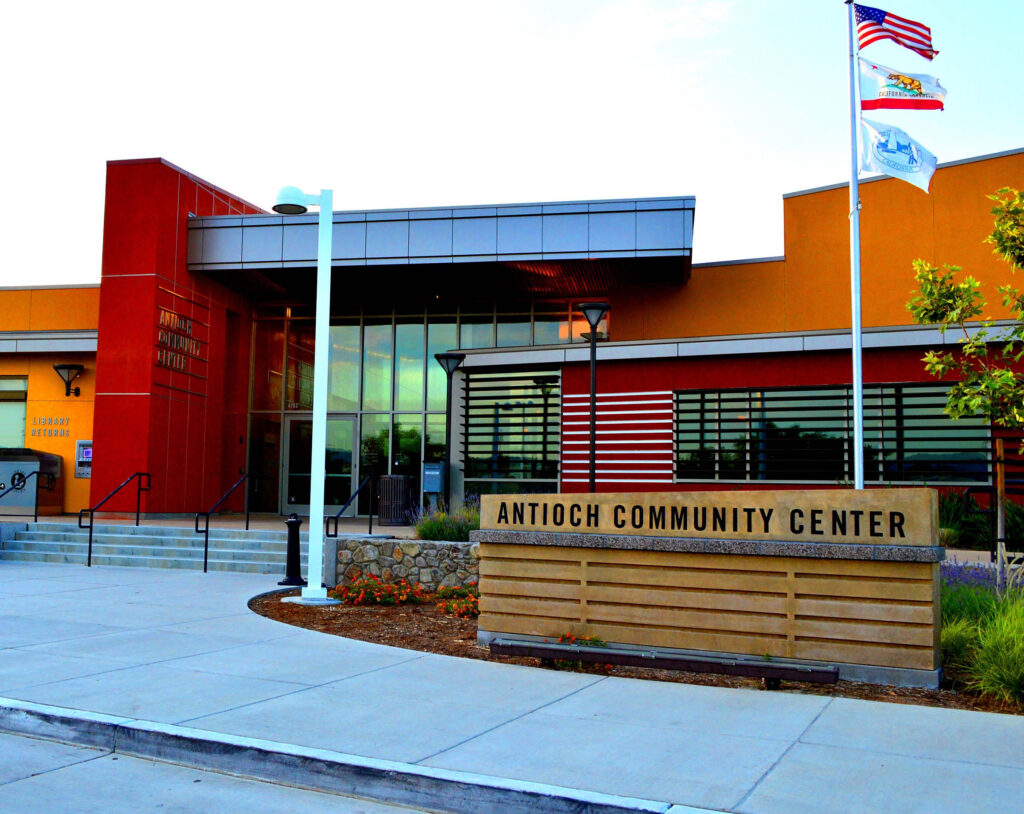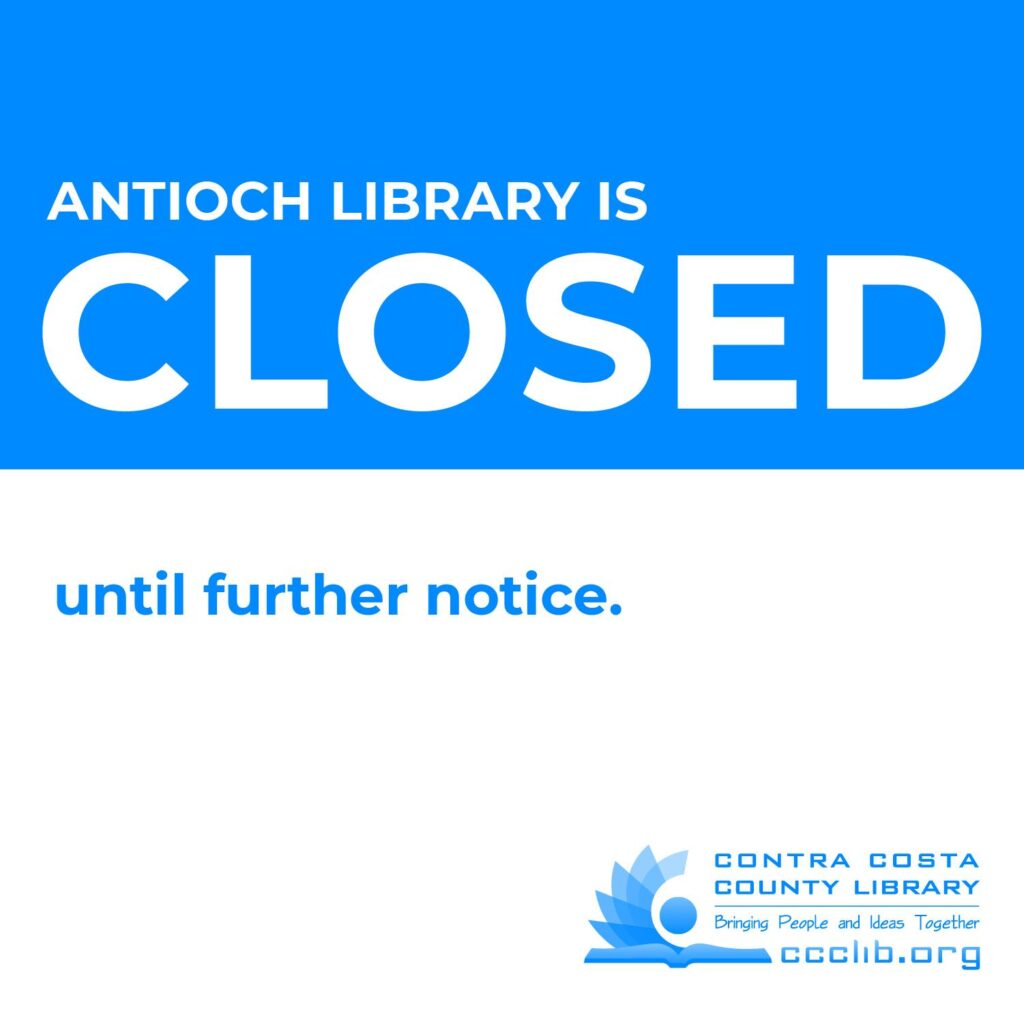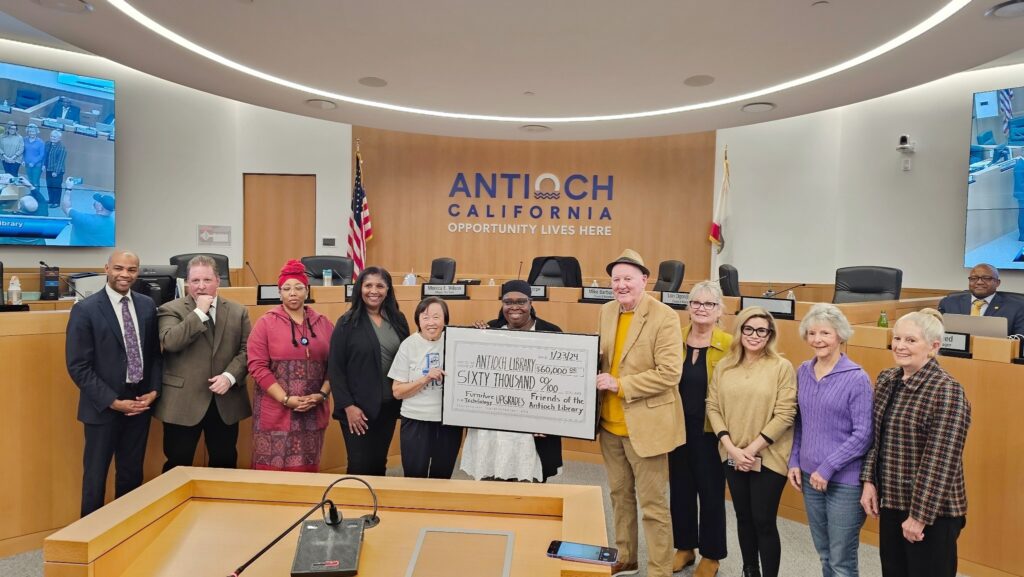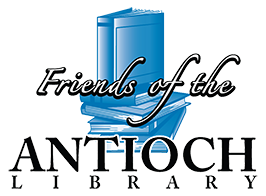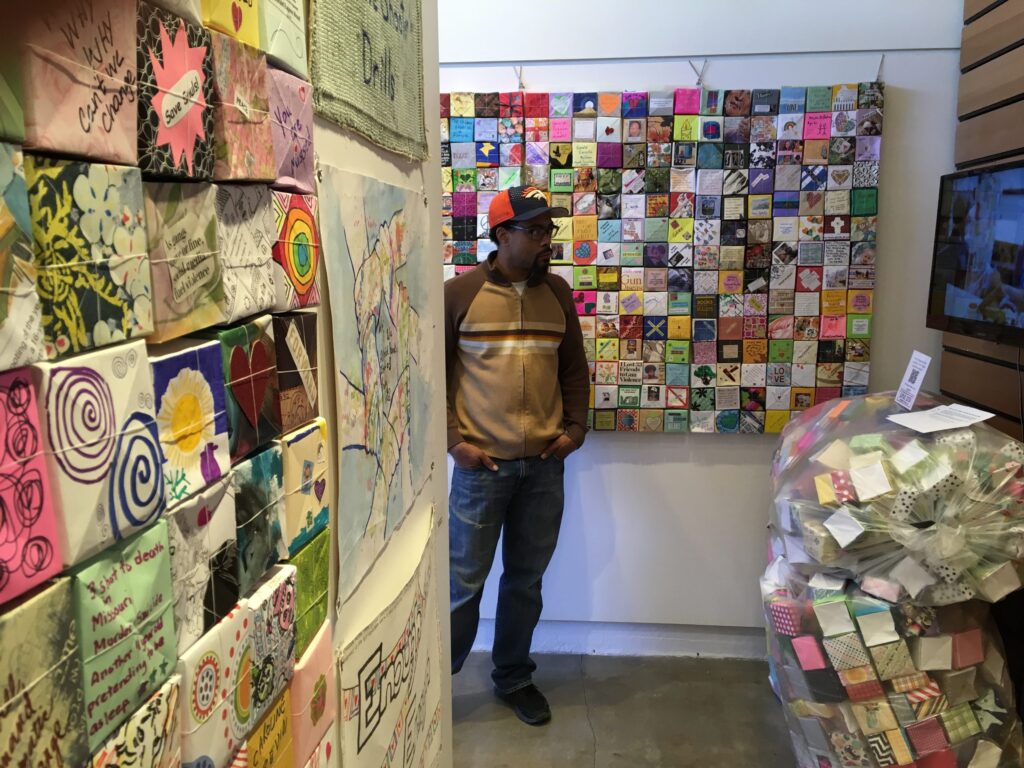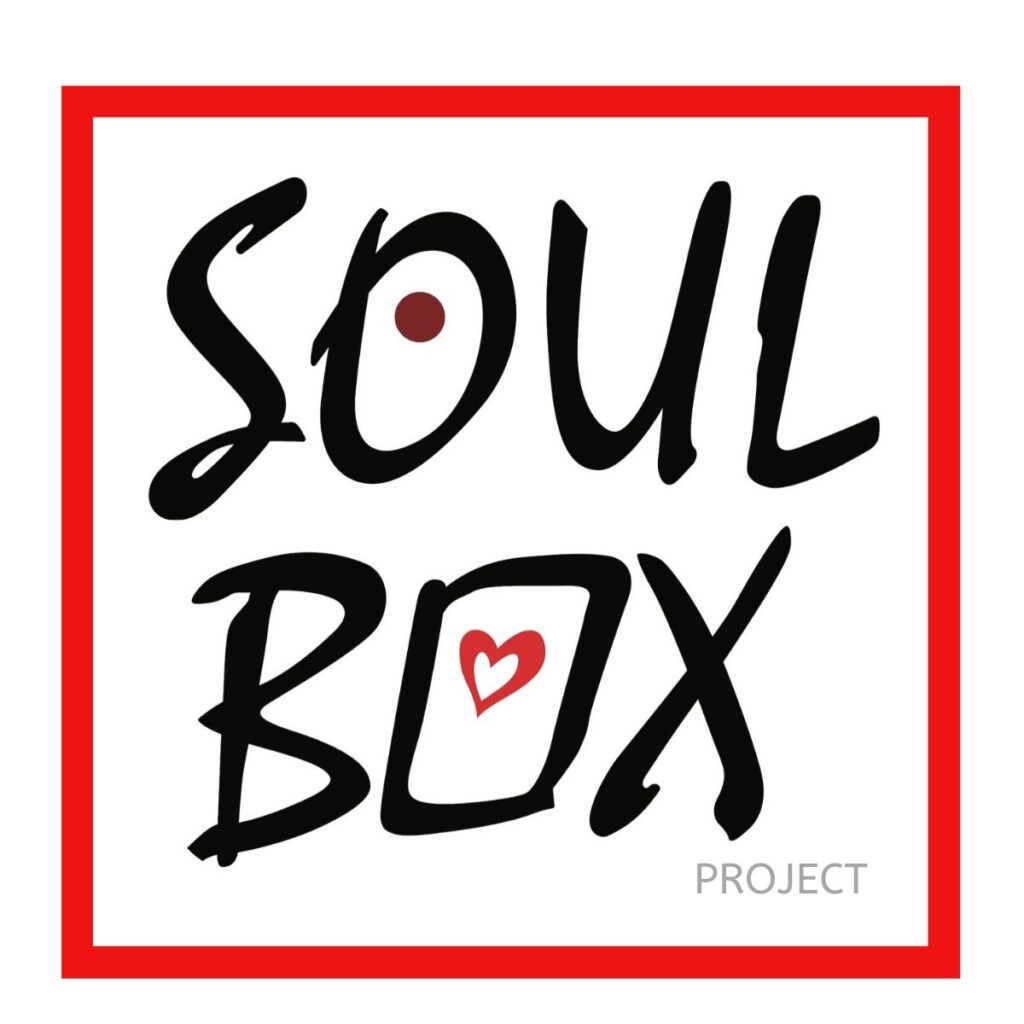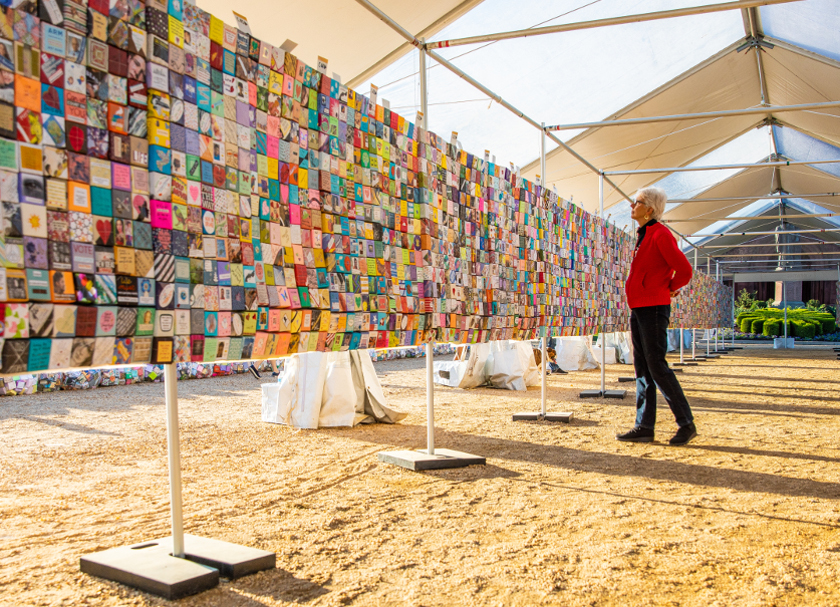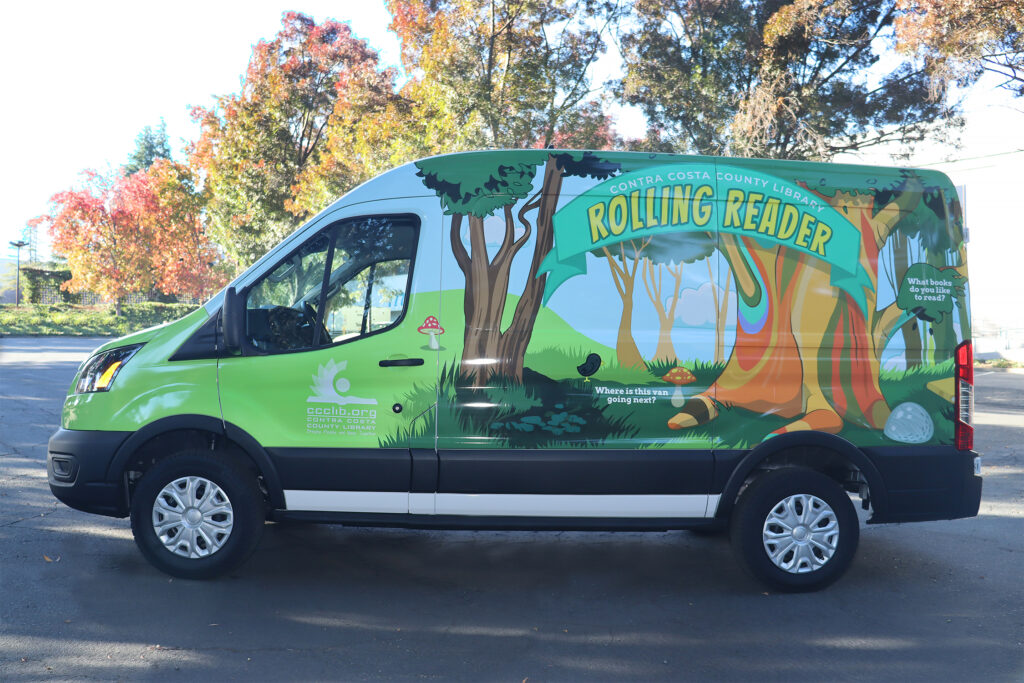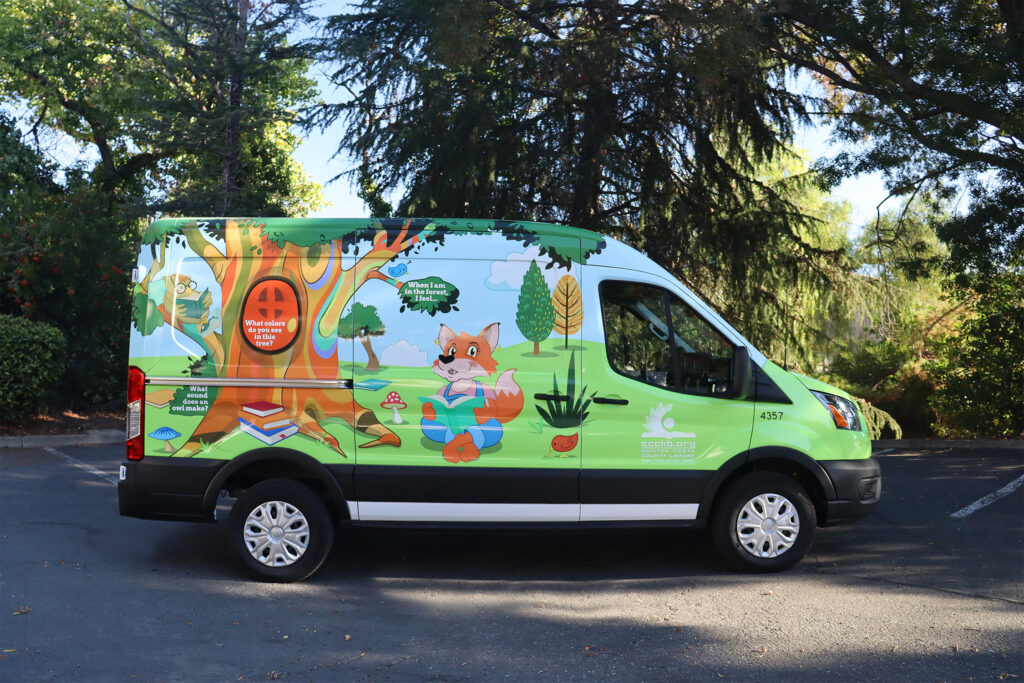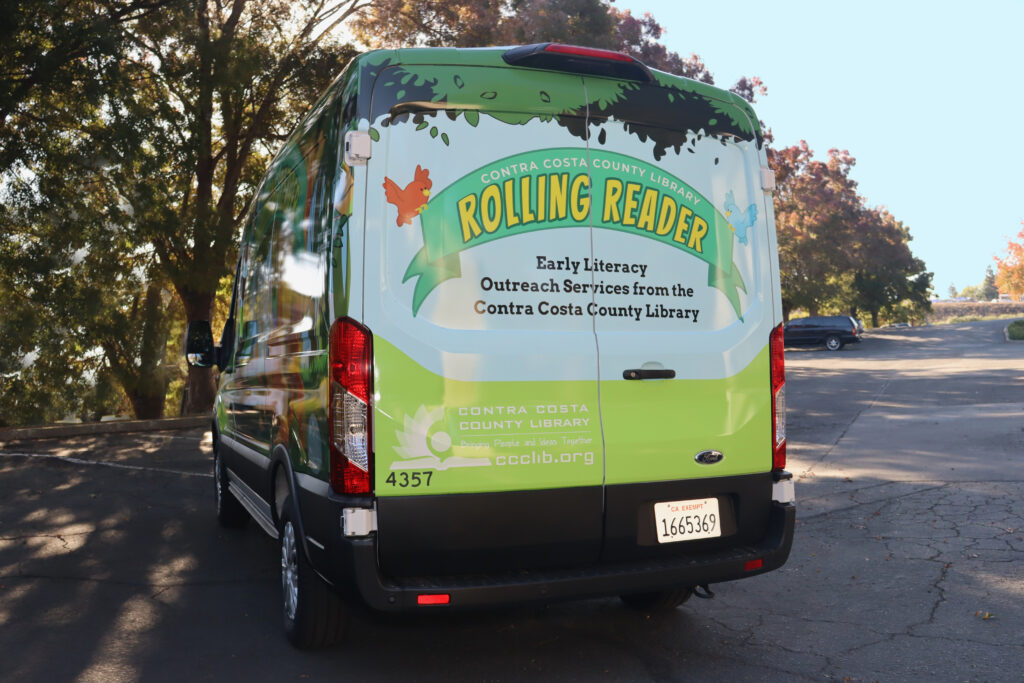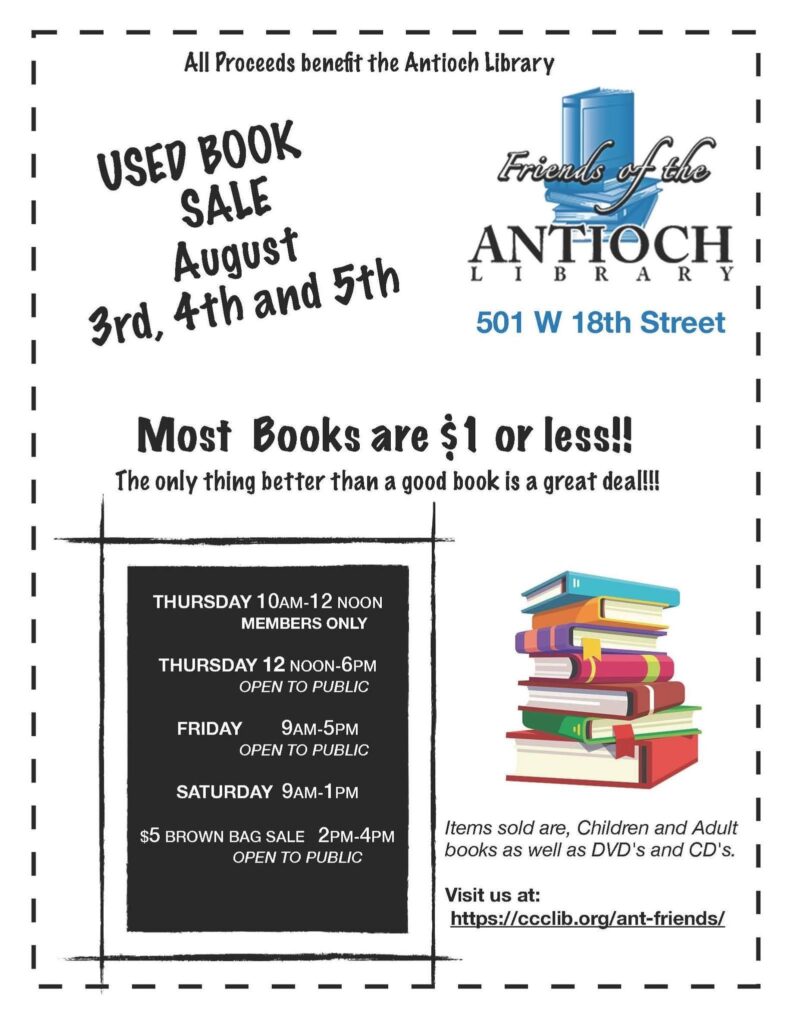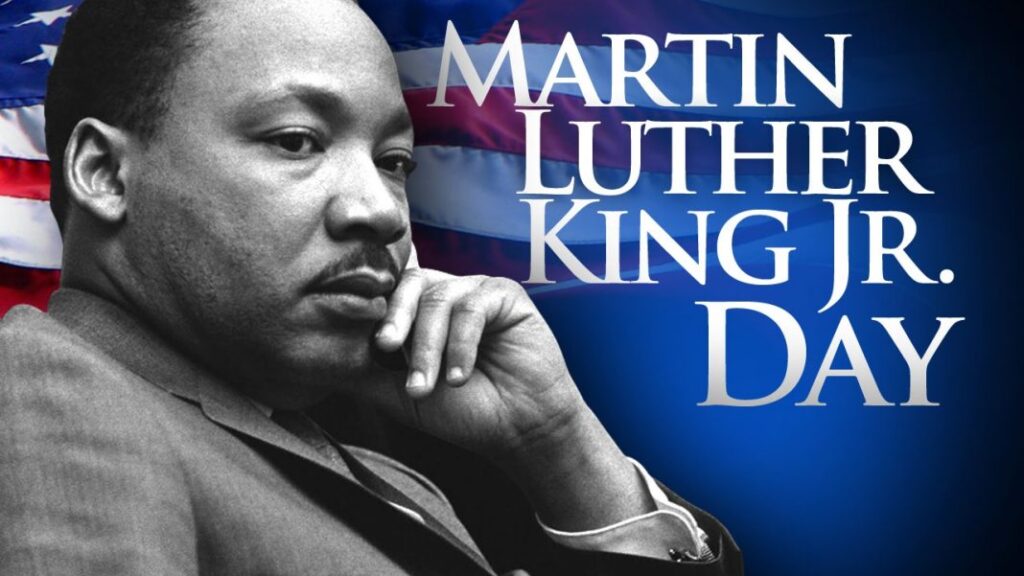Opinion: It’s time to take a hard look at public libraries
Monday, April 15th, 2024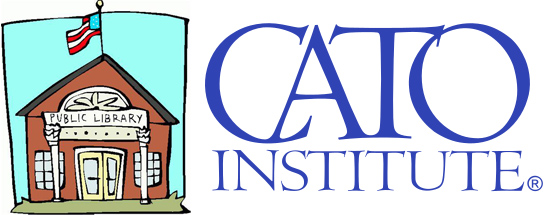
By Marc Joffe

Like mom and apple pie, the public library seems so intrinsically good that it should be beyond criticism. But like any institution that consumes millions of tax dollars, public libraries should not be free from scrutiny. And the facts are that neighborhood libraries have largely outlived their usefulness and no longer provide value for the public money spent on them.
In this fiscal year, Contra Costa, Alameda, San Mateo and Santa Clara counties are collectively spending $270 million to operate their library systems, with some cities chipping in extra to finance extended operating hours. Contra Costa County is spending $20 million of state and county funds to build a new library in Bay Point, and El Cerrito voters may see a sales tax measure on the November ballot, part of which will go to building a new library as part of a transit-oriented development near a BART station.
The public library’s historical functions of lending physical books and enabling patrons to view reference materials are being made obsolete by digital technology. An increasing proportion of adults are consuming e-books and audiobooks in addition to or instead of printed books, with younger adults more likely to use these alternative formats.
In response, libraries have tried to reposition themselves as “third places:” alternatives to homes and offices where people can relax, learn, and socialize. But the private sector offers numerous third places of its own, with coffee houses being the most common.
In Walnut Creek, the public library has responded by adding its own coffee shop, but just a few minutes away, residents and visitors can relax and enjoy free wi-fi at the Capital One Café at no cost to taxpayers and without being required to buy a cup of joe.
While no third place used by the public can be guaranteed to be safe and clean, private operators have a stronger incentive to provide an attractive environment because they otherwise risk going out of business.
They also face fewer legal restraints in enforcing public decorum. A 1991 federal court decision prohibited a New Jersey public library from “barring patrons who are not reading, studying or using library materials, who harass or annoy others through noisy activities or by staring, or whose ‘bodily hygiene is so offensive’ that it is a nuisance to others.”
As the Antioch Herald reported in February, the Antioch library had to be temporarily closed after multiple incidents “including a couple having sex openly in the bathroom, a wanted criminal using a library computer who was later removed by Antioch police, a racist letter left on the service desk and intoxicated library patrons acting aggressively.” The Contra Costa Public Library, which operates the Antioch facility reopened it four days later after negotiating an emergency contract for private armed security and arranging for a patrol car to monitor the exterior.
Library advocates argue that their public terminals offer essential internet access to those in need. But some patrons use free internet access at the local library to view pornographic content, sometimes to the distress of other terminal users including children. And low-income individuals are eligible for the Federal Communications Commission’s Lifeline program which provides a free smartphone with internet access.
Like local post offices, neighborhood libraries once served an important community function but are now becoming increasingly irrelevant. And, as with post offices, libraries continue to receive funding because they enjoy support from a relatively small but vocal segment of the population, while the rest of us are usually too reluctant to question their utility.
Marc Joffe is a federalism and state policy analyst at the Cato Institute.








